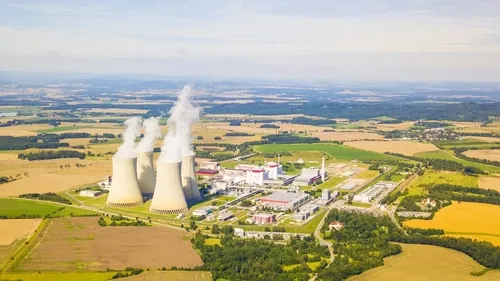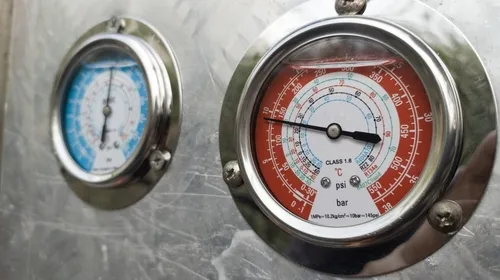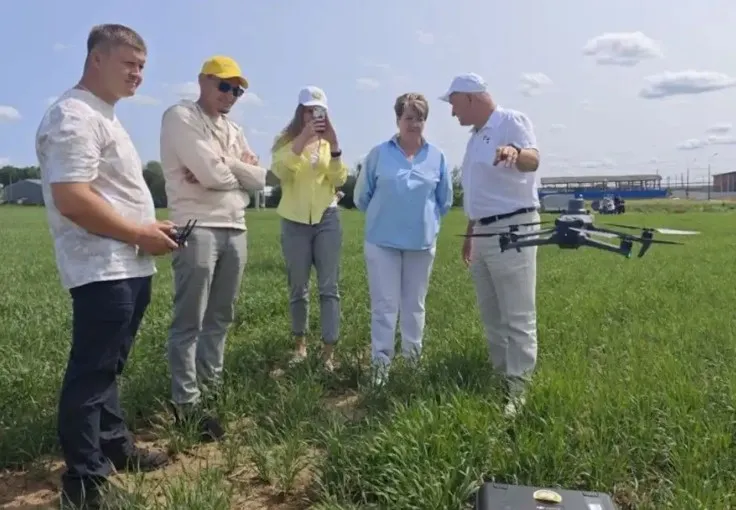Russia Uses Smart Sensors and Digital Twins to Modernize Heating Networks

New digital tools in Moscow region heating infrastructure are reducing incident response time and improving service quality.
Utility providers in Russia are increasingly adopting digital technologies to modernize the country’s housing and public utilities sector—and the results are already visible. One leading example is the Moscow region, where large-scale digital initiatives are transforming how infrastructure is managed.
Heating plants are being equipped with smart sensors that monitor pressure and temperature, leading to a 35% reduction in response time for resolving irregularities. Facilities are also under continuous video surveillance, and digital document systems are being introduced. To forecast and prevent accidents, engineers are developing digital twins of entire heating networks.
Among the newest solutions is a platform called 'Molus,' which manages the region’s entire heating grid and enables fast decision-making before emergency crews even arrive.
New user-facing digital services are also being introduced. For example, the 'Utility Services Map' allows residents to access real-time information about their homes and ongoing maintenance. These and other innovations are being rolled out in multiple regions across Russia.
The expansion of such technologies is helping ensure greater reliability and better service in the utilities sector.









































